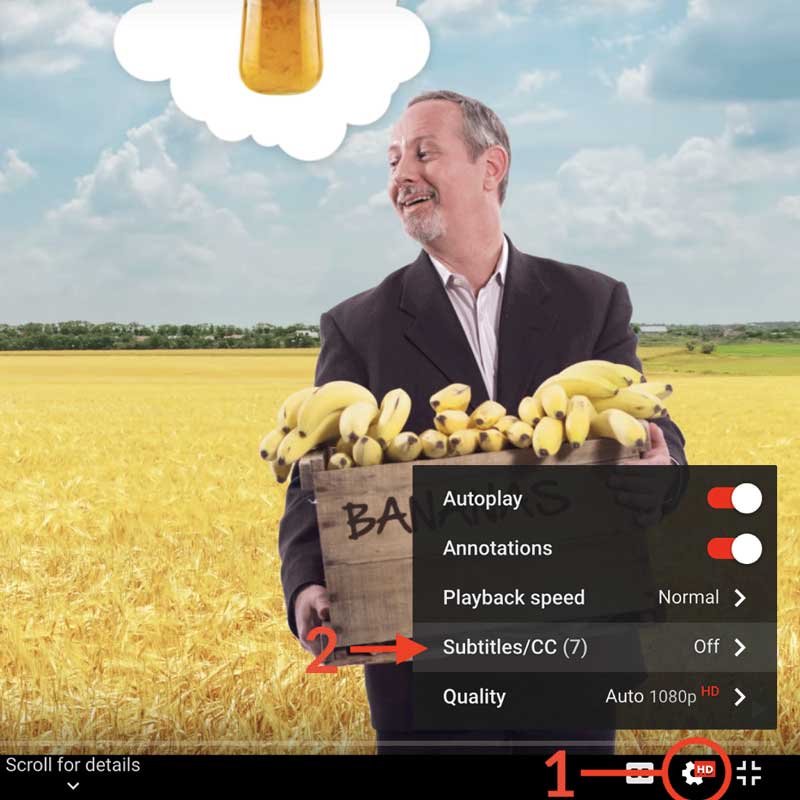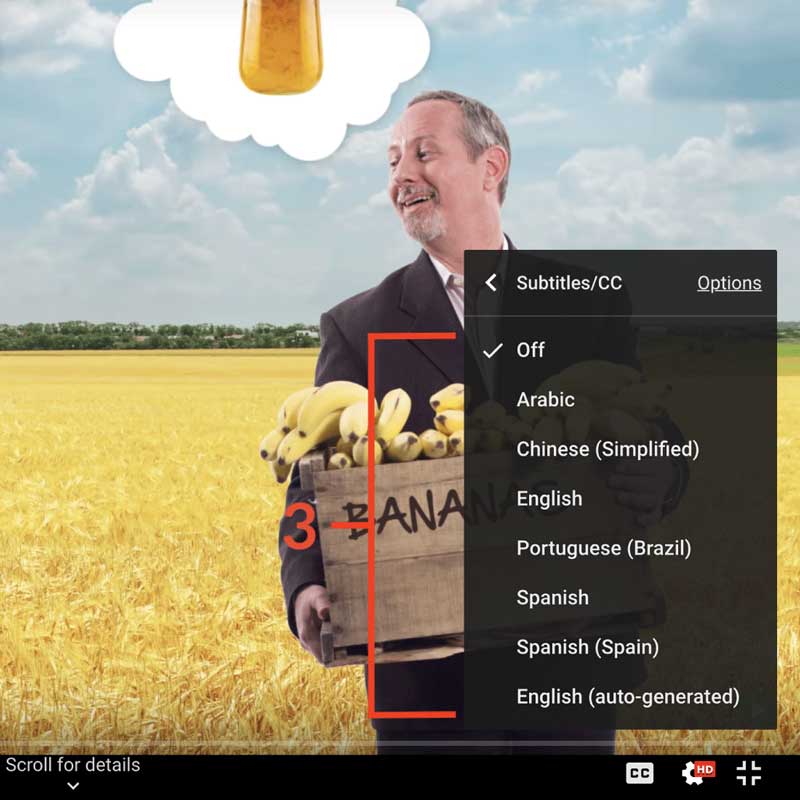Isn't Econometrics Boring?
Course Outline
Isn't Econometrics Boring?
We ask MIT economist Josh Angrist: Isn’t econometrics boring? After a bit of a scary confrontation, we get down to the answer.
He thinks this common misconception is a failure of teachers. Econometrics is often taught as a kind of applied mathematics with a lot of abstract theory.
In fact, the subject deals intimately with many of the questions that are of greatest importance to our personal lives and to matters of public policy. Does health insurance lead to greater health? Do private universities result in better wages? How should the Federal Reserve respond in a recession or depression?
Teacher Resources
Related to this course
See all Teacher Resources related to this course
Transcript
Isn't econometrics boring? Who says? Well, if you think econometrics is boring, I have to say that your teachers have failed you. Perhaps you suffered through an econometrics course that basically treats the discipline as kind of applied mathematics -- very theoretical, very abstract. One of the unique things about our approach in the "Mastering Econometrics" video series, and in my books with Steve Pischke, is the focus on questions, actual causal questions that are interesting and important in my students' lives. For example, whether it matters if you go to an expensive private college -- does that change your life course in the form of higher earnings? -- whether health insurance makes you healthier, whether federal reserve monetary policy might have changed the course of the Great Depression or the Great Recession, whether growing up in a state where you're allowed to drink alcohol legally before age 21 would matter for death rates in that state. These questions matter personally to my students. In some cases they involve issues of life and death, and they matter to our country. They're the central public policy issues of the day. Ready to master econometrics? Click here to embark on a educational journey with Josh Angrist, a.k.a. Master Joshway. Or, if you'd like to watch more from this interview series, click here.
Subtitles
- English
- Spanish
- Chinese
Thanks to our awesome community of subtitle contributors, individual videos in this course might have additional languages. More info below on how to see which languages are available (and how to contribute more!).
How to turn on captions and select a language:
- Click the settings icon (⚙) at the bottom of the video screen.
- Click Subtitles/CC.
- Select a language.


Contribute Translations!
Join the team and help us provide world-class economics education to everyone, everywhere for free! You can also reach out to us at [email protected] for more info.
Submit subtitles
Accessibility
We aim to make our content accessible to users around the world with varying needs and circumstances.
Currently we provide:
- A website built to the W3C Web Accessibility standards
- Subtitles and transcripts for our most popular content
- Video files for download
Are we missing something? Please let us know at [email protected]
Creative Commons

This work is licensed under a Creative Commons Attribution-NoDerivatives 4.0 International License.
The third party material as seen in this video is subject to third party copyright and is used here pursuant
to the fair use doctrine as stipulated in Section 107 of the Copyright Act. We grant no rights and make no
warranties with regard to the third party material depicted in the video and your use of this video may
require additional clearances and licenses. We advise consulting with clearance counsel before relying
on the fair use doctrine.